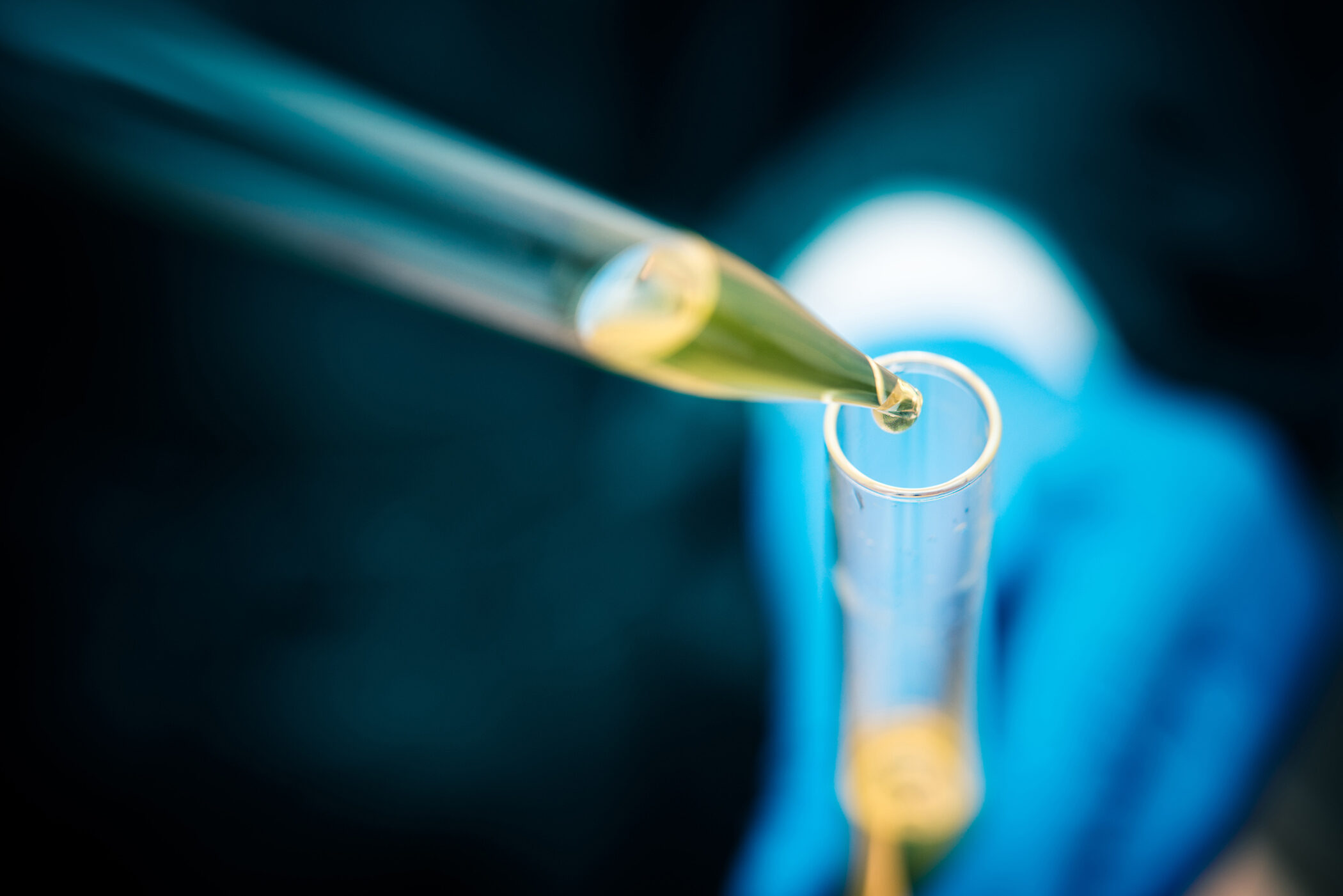Nanotechnology-Enhanced CBD Demonstrates Neuroprotective Effects in Retinal Study
LOS ANGELES- A study published in the European Journal of Pharmacology investigated the neuroprotective properties of cannabidiol (CBD) delivered via nanotechnology in an animal model of retinal excitotoxicity. Researchers from the University of Catania, University of Crete, University of Enna, and University of Campania conducted the study.
The study utilized rats with retinal damage induced by α-amino-3-hydroxy-5-methyl-4-isoxazolepropionic acid (AMPA). The findings suggest that CBD, when delivered using nanotechnology, provided neuroprotective effects in this model.
These results align with previous research indicating that cannabinoids, including CBD, may offer neuroprotection against retinal injuries. For instance, a study published in The American Journal of Pathology demonstrated that both Δ9-tetrahydrocannabinol (THC) and CBD have neuroprotective effects against N-methyl-D-aspartate (NMDA)-induced retinal injury.
The application of nanotechnology in CBD delivery could enhance its therapeutic potential by improving bioavailability and targeted delivery. Further research is necessary to explore the clinical implications of these findings and to determine the efficacy and safety of such treatments in humans.




































